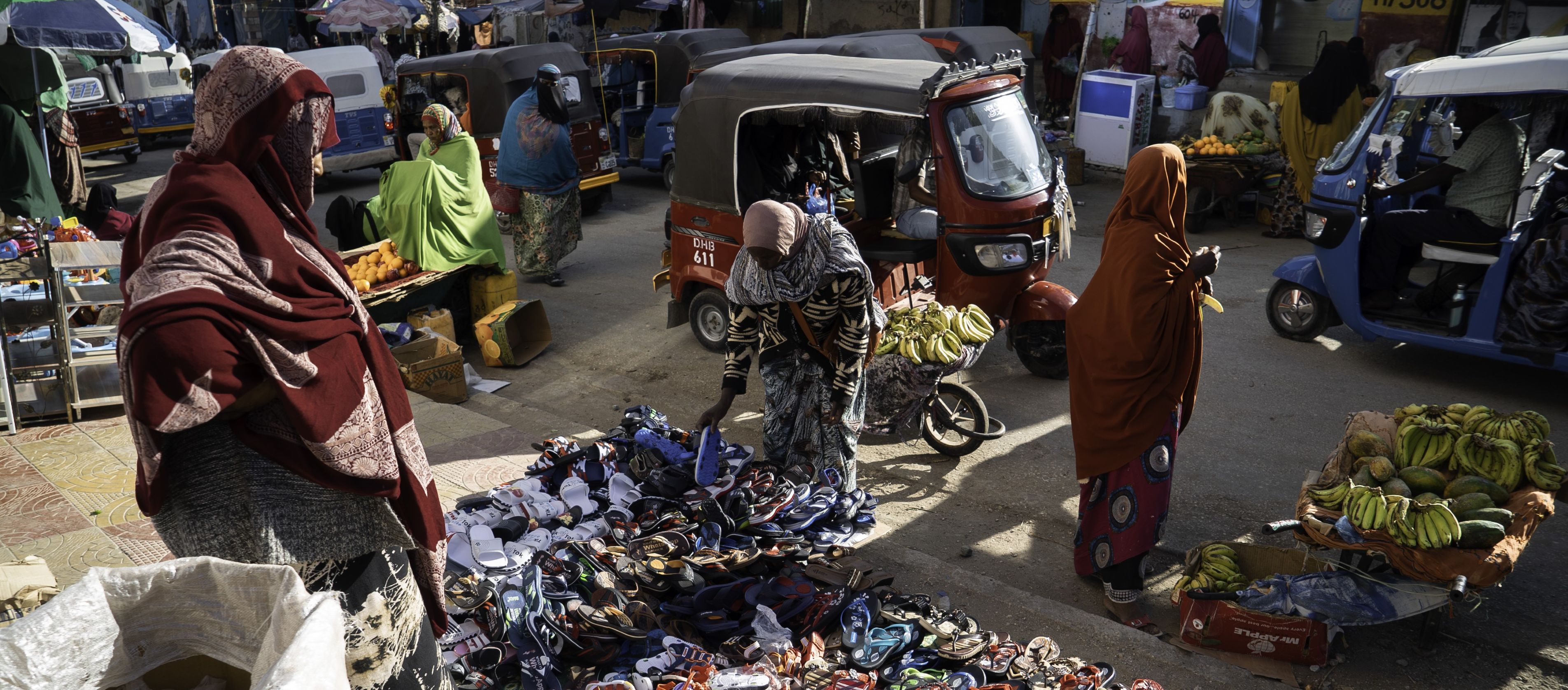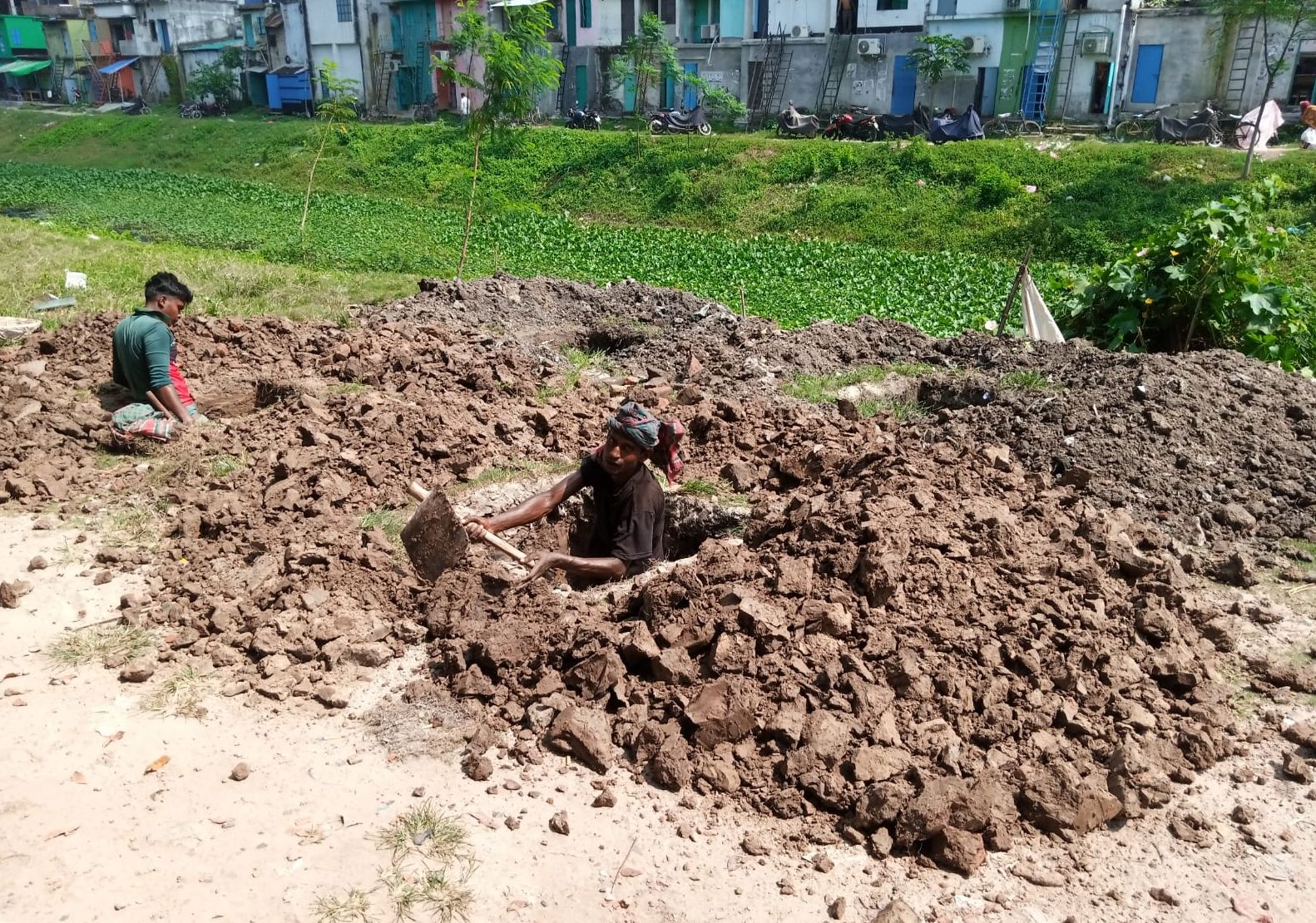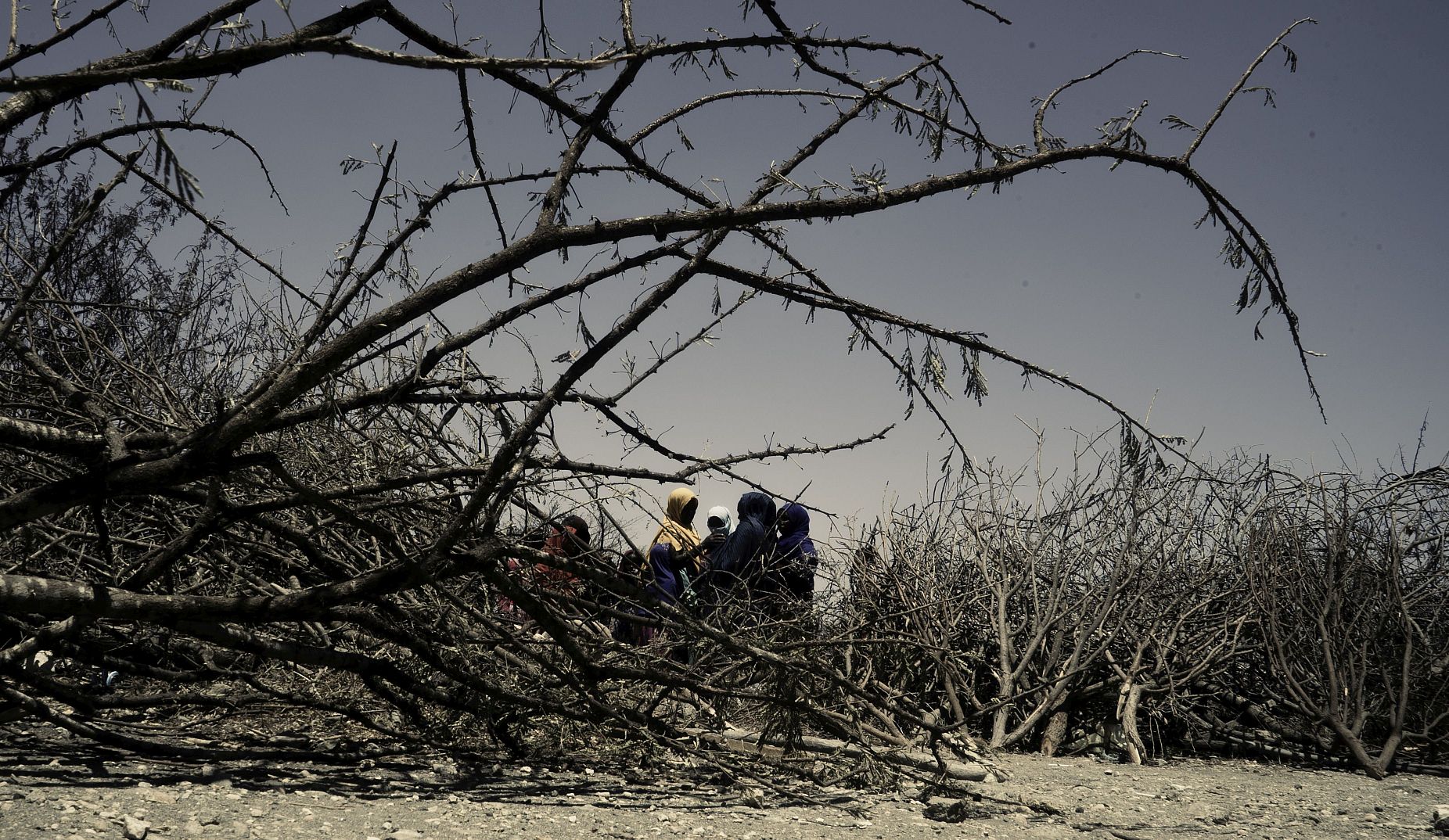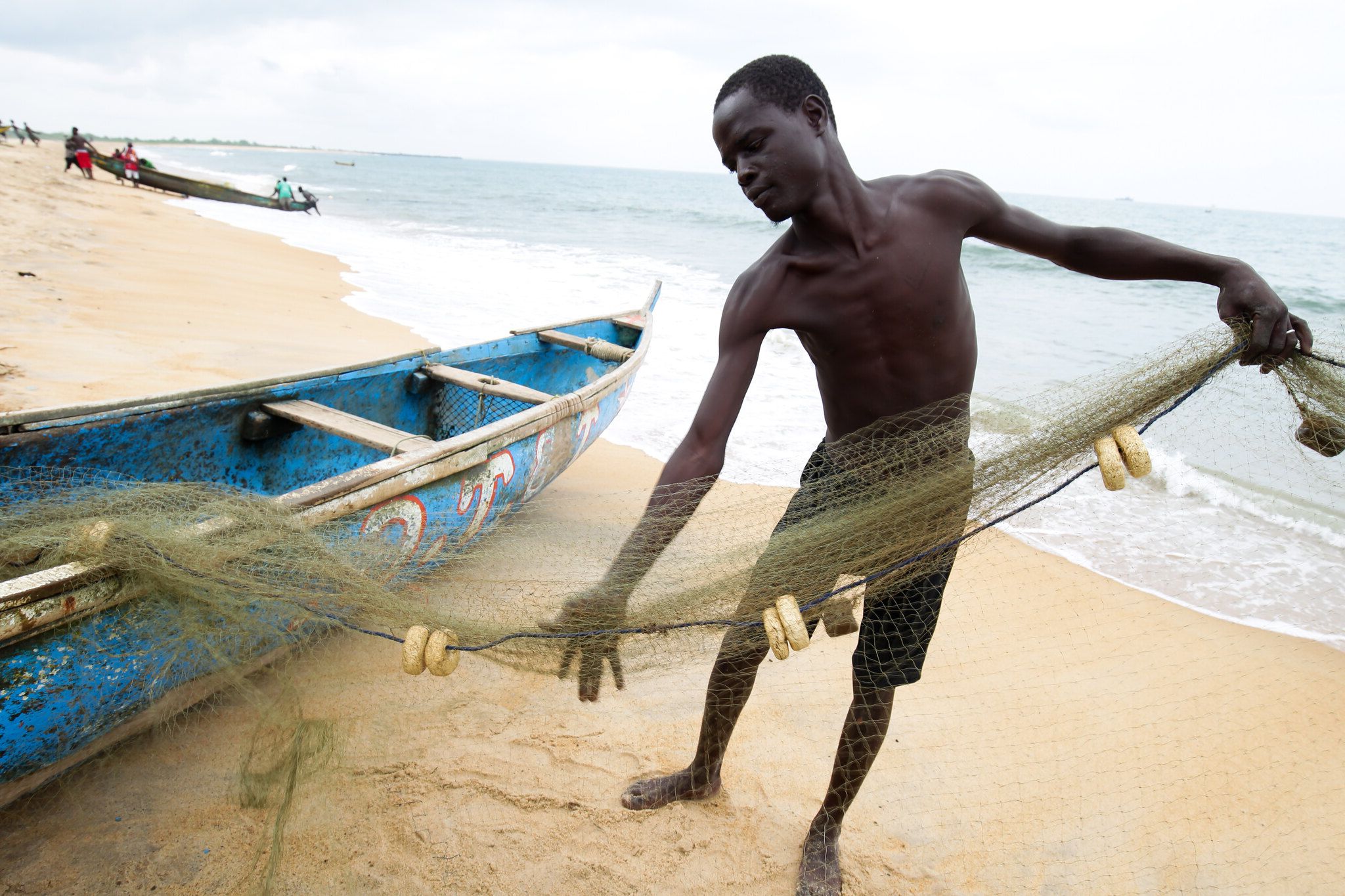Blog
Raising Voices, Raising Hope: Building Climate Resilience Through the Art of Storytelling
By Phillip Dinga, Future Yetu project*
Urban areas provide prolific challenges in the fight against climate change: growing populations, congestion, the sprawl of informal settlements, lack of proper planning for facilities and amenities, and more. These are compounded by issues involving solid and wastewater management, air pollution, water scarcity, and fossil fuel-based cooking and lighting options, along with the degradation of natural ecosystems. All of these can significantly affect human health and contribute to greenhouse gas emissions.
These impacts can be amplified at the city level during climate-related events such as flooding and storms, extreme heat and drought. As a result, urban communities often bear the brunt of climate change impacts, due to their unique vulnerabilities and exposure to climate-related risks and hazards. This means that urban communities must be ready to respond as necessary in order to guarantee their survival and well-being.
Channelling creativity to combat climate change
Communities are finding innovative ways of preparing to meet these challenges with the support of the Cities Alliance Innovation Programme. In the Korogocho community in Kenya, this means calling on the power of storytelling – and bringing it to life in new ways – through a Hope Raisers project called "Future Yetu" (Our Future).
Stories are powerful, personal and impactful and touch at the very core of the realities of our lives and dispositions that we hold.
Sharing stories is inherently human. This ancient form of communication resonates deeply in cultures across the globe. Stories are powerful, personal and impactful and touch at the very core of the realities of our lives and dispositions that we hold.
Korogocho has embraced storytelling as part of an innovative approach for responding to the detrimental impacts of climate change in the city. The community is one of the largest informal settlements in Nairobi, with close to 200,000 people housed in a space of about 1.5 square kilometres.
Hope Raisers, an eclectic Korogocho-based organisation that supports a variety of youth and community initiatives including in the arts, implemented the digital storytelling project to focus on climate change. This intriguing and innovative approach highlights climate-change adaptation and other challenges facing the community. By sharing people's stories and experiences, it offers a unique opportunity to document and amplify community voices concerning climate change impacts – in real-time and as a means of visualizing these impacts for a wide array of audiences.
Youth friendly citizen science
The Future Yetu project has proven to be a fantastic platform for young people to raise their concerns about climate change to the larger community – through creative and innovative mechanisms in a language they understand and that appeals to them. In the same breath, it also helps to build a critical mass of environmental stewards for the future by embracing their realities and urban culture.
The Future Yetu project illustrates the importance of community voices in building climate resilience, according to Margaret Kariuki of Nairobi City County Government:
“This is the embodiment of citizen science which is very important in the fight against climate change where citizens actively participate in finding solutions to climate change”.

The project also represents an opportunity for the county government, with its continued support for communities and initiatives.
“The county government has always been on hand to support our work in restoring green spaces around Korogocho by providing us with soil and seedlings for free”, states Mary Waruguru, one of the green champions in Korogocho and an ardent advocate for peace who enjoys working with the youth.
This support has greatly helped in rejuvenating green spaces in the villages around Korogocho and empower the youth to protect their environment and move away from crime.
Building community, building resilience
The Hope Raisers project held a meeting that was one of a kind in bringing together community leaders, youth organizations, the city-county government, artists and other creatives, as well as additional community representatives. The diverse group was able to identify and highlight climate challenges in their community, package that information into relatable stories, and drive towards sustainable solutions that will improve their livelihoods and the environment they live in.
This rich and extensive collaboration brought to light community issues around climate adaptation. It also engaged city officials on platforms that the community can in turn champion in response to climate challenges, as well as highlighting policies and programs that the city government was involved in.
The learning experience through the Future Yetu digital storytelling project was unmatched, as was evident in the impactful stories that the participants created, which magnified the environmental and climate challenges they experience on a daily basis. The project offers an important opportunity to amplify community voices to push for support for climate adaptation solutions from city governments, as well as to rally community solidarity towards a common approach for building climate resilience – one story at a time.
*About the author: Phillip Dinga is a climate change and emissions expert living in Kasarani Constituency Nairobi City. He works with C40 Cities Climate Leadership Group which has supported Nairobi city-county government to develop a greenhouse gas inventory on emissions across different sectors to build an evidence-based approach towards mitigation actions in the city. He is currently supporting Nairobi city to develop a climate action plan; he also works with the Korogocho Future Yetu committee bringing his expertise on climate change and is an environmental enthusiast who loves interacting with communities.
Disclaimer: The opinions expressed herein are solely those of the author and do not necessarily reflect the official views of Cities Alliance, its members or those of UNOPS.





